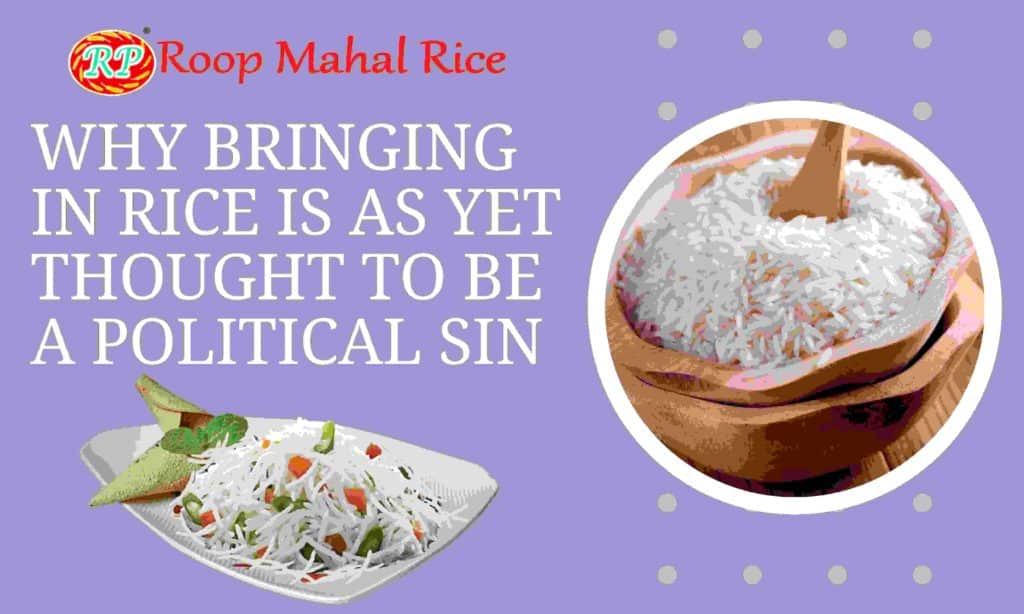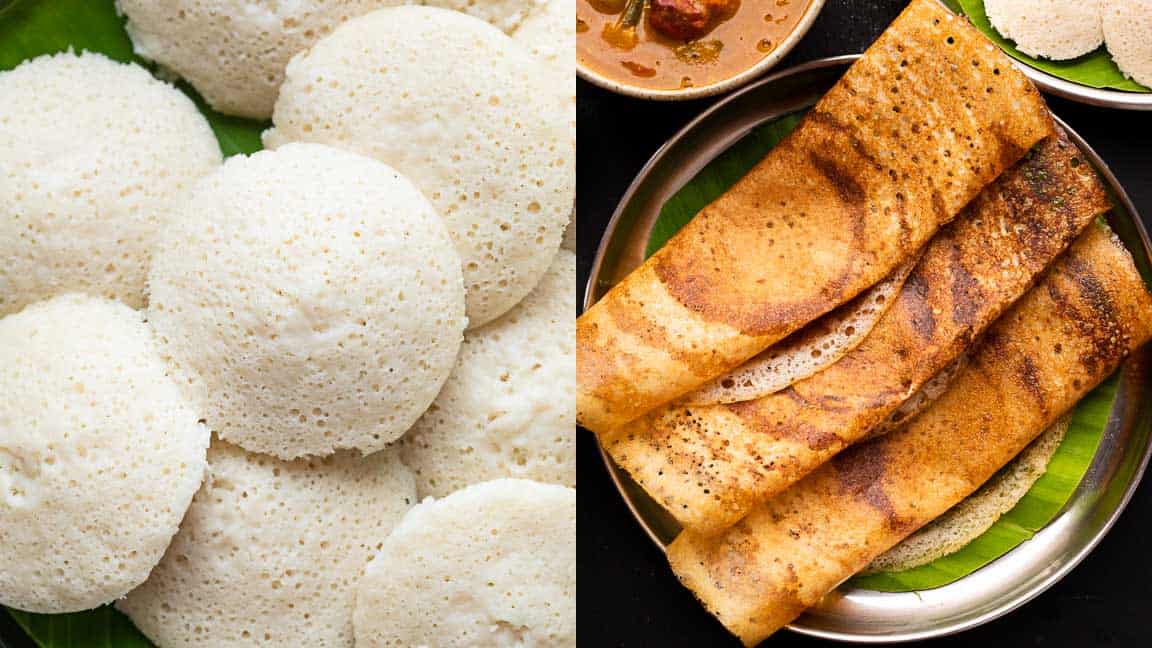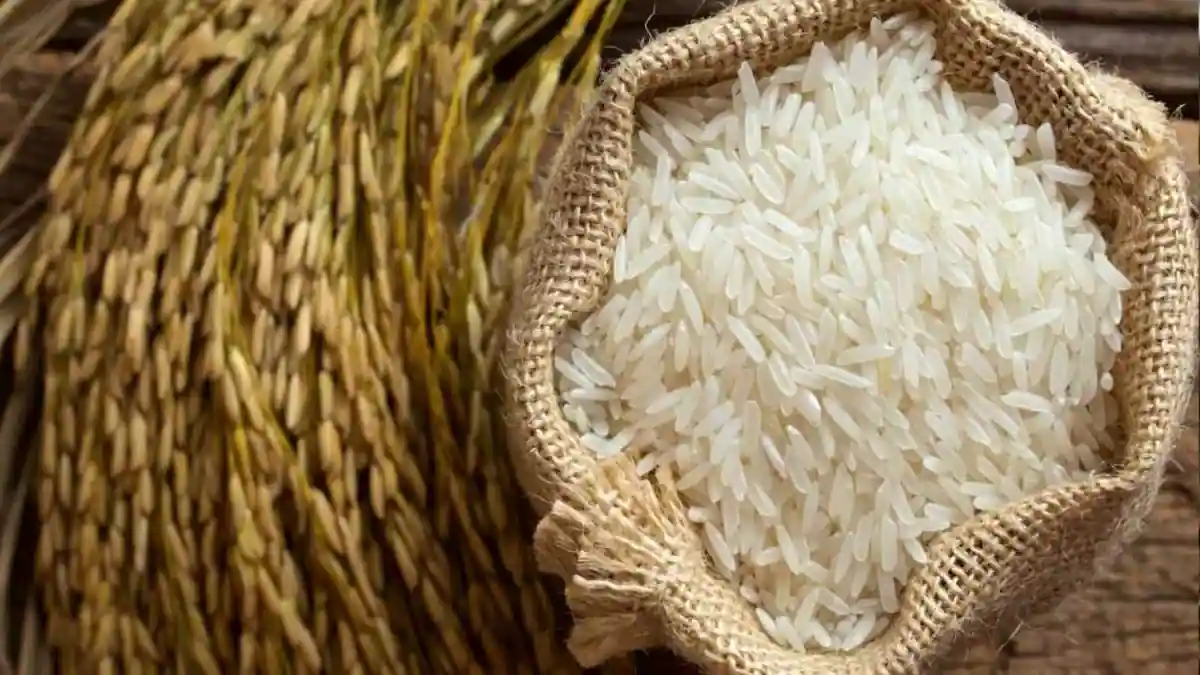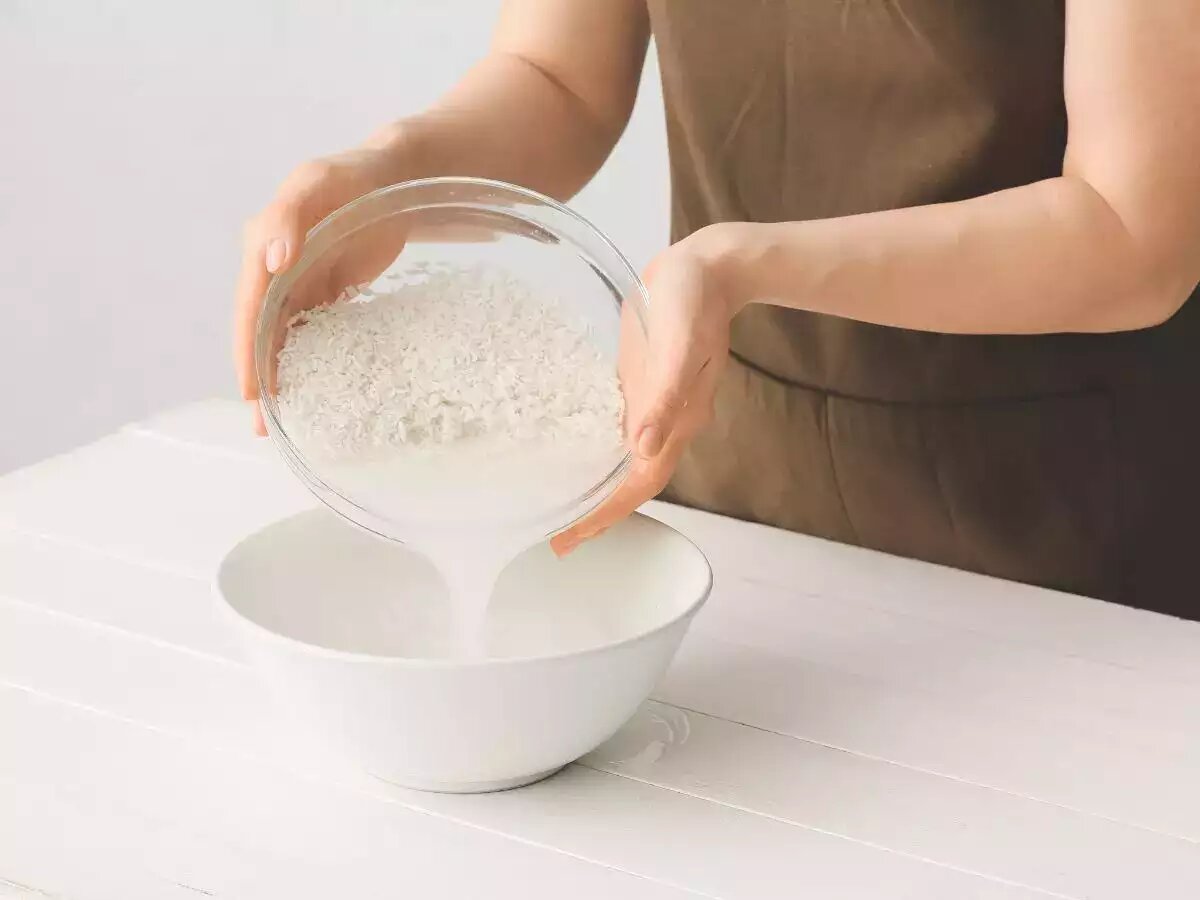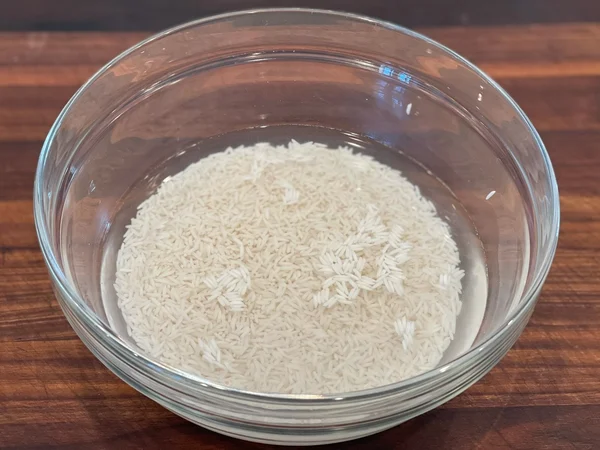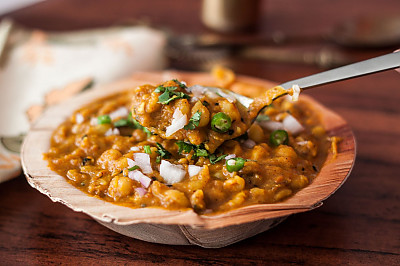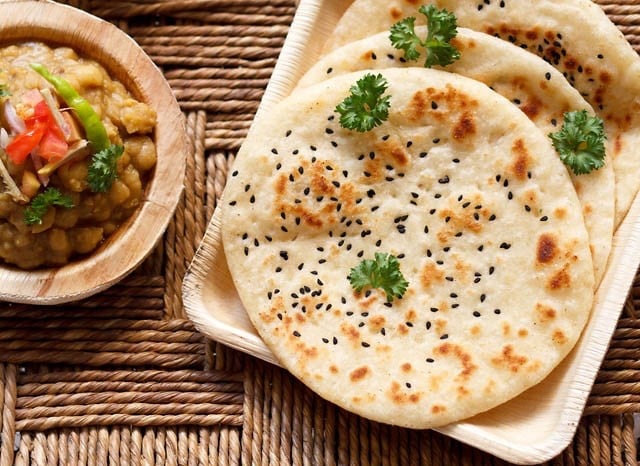The public authority should bear the essential fault for the public ruckus and uproarious disagreement including senior clergymen, lawmakers, and ranchers’ relationship over its arrangement to import 1 million tons of rice to fortify public food holds.
The public authority ought to have understood that for more than fifty years, the accessibility, availability, and value dependability of rice has consistently been politically charged and touchy. The import plan would not have caused a high contention if the approach had been all around imparted to general society.
What the public authority intends to do is essentially reasonable, given the fundamental job of rice as the principal staple for most of the country’s 270 million individuals. It needs to get the accessibility of rice imports at whatever point essential in the event of a crisis in light of the fact that there are just two significant rice exporters in Asia: Thailand and Vietnam.
The public authority intends to sign a reminder of comprehension (MoU) in the not so distant future to purchase as much as 1 million tons of rice a year for a long time from Thailand under an administration-to-government (G2G) bargain. In any case, the import bargain is attached to two conditions: the degrees of creation in the two nations and the worldwide rice cost.
As per Thai Commerce Minister Jurin Laksanawisit, as cited by the Bangkok Post, the two governments had a comparable arrangement from 2012 to 2016, yet Indonesia imported just 925,000 tons during that period.
For as long as five years, notwithstanding, no such import arrangement has been basically in light of the fact that the Indonesian government instated a rice independence strategy. In any case, negative climate and cataclysmic events constrained Indonesia to import 89,406 tons a year ago, up 46% from 2019, as per Jurin.
The COVID-19 pandemic and the expectation of a worldwide food deficiency appear to have provoked the public authority to preemptively get rice import supplies to fortify the country’s food saves and keep up value solidness. However, the import won’t naturally be acknowledged as it relies upon creation in the two nations and worldwide rice costs.
The contrasting perspectives among individuals from the Cabinet and ceaseless protection from any rice import plan will keep on ruling the general assessment scene as long as the public authority doesn’t overhaul its food security strategy, which has consistently been fixated on rice independence.
Any rice import plan will be defenseless against public doubt and will turn into a political discussion if official information on rice creation and utilization isn’t acknowledged as dependable. The public authority ought to acknowledge the dull situation that it is almost difficult to keep up rice confidence all the ideal opportunity for a particularly immense populace living across the world’s biggest archipelago.
While Indonesia is one of the top rice makers internationally, with an absolute yield of 32 million tons in 2020, as indicated by Statistics Indonesia — it is additionally one of the biggest rice shoppers on the planet with a recorded utilization of right around 30 million tons.
The issue is that rice stays a daintily exchanged ware; most nations develop just what they eat, and the United Nations Food and Agriculture Organization (FAO) has assessed that just around 5% of worldwide creation is exchanged across borders.
Thailand and Vietnam have been the biggest exporters. Since rice weighs intensely on the purchaser value list, a chief proportion of expansion, the public authority has allowed the State Logistics Agency (Bulog) to oversee public rice saves as a device to keep up value solidness inside every year fixed floor and maximum price tags.
Absolutely, the proficiency and viability of this administration rely upon the exactness of homegrown creation and utilization information, so the volume of stores isn’t unnecessary however only sufficient to shield the country from unpredictable world costs or low creation.
Lamentably, while information has become the essential fuel for the advanced economy, the exactness of our farming information, eminently on rice, has consistently been questioned as figures vary starting with one service then onto the next.
Past experience has shown that the Agriculture Ministry will in general overestimate homegrown rice creation to flaunt its accomplishments. In any case, the Trade Ministry, which is liable for getting smooth rice appropriation and keeping up value solidness, will in general fault a lack of stock when costs rise and henceforth suggest imports.
Indonesia’s developing metropolitan working class has been going through dietary and way of life changes toward more nutritious food varieties like fish, meat, products of the soil. Consequently, the idea of food security ought to be expanded to incorporate other food wares, like cultivation, oilseed, fish, and meat, and this ought to be carried out in rural advancement arrangements.
The facts demonstrate that we ought to consistently build creation to decrease our reliance on imports, in this manner saving ourselves from weakness to supply stuns due to the modest number of rice exporters.
The core values for food strategy, as specified in the 2012 Food Law are as under:-
- Guaranteeing physical and monetary access for the whole populace to different, protected, and nutritious food
- Improving the government assistance of ranchers
- Limiting dependence on imports for center staple food varieties
- Accomplishing generally speaking “food sway”

